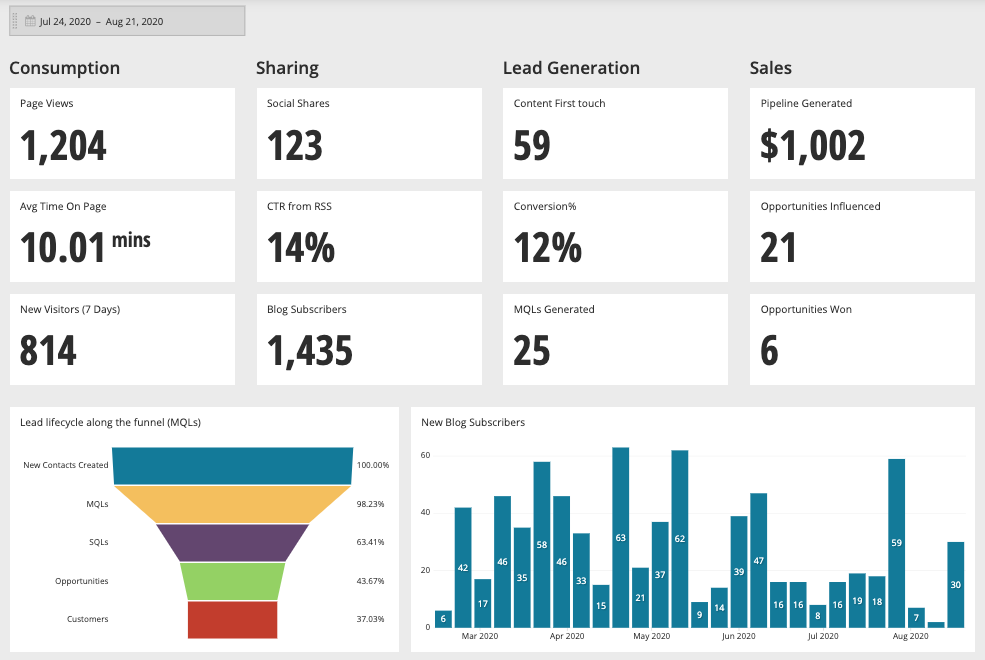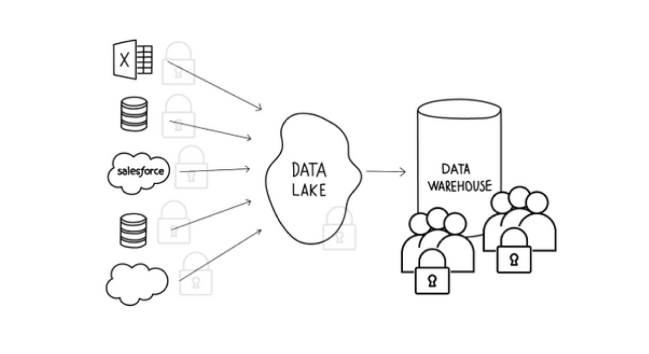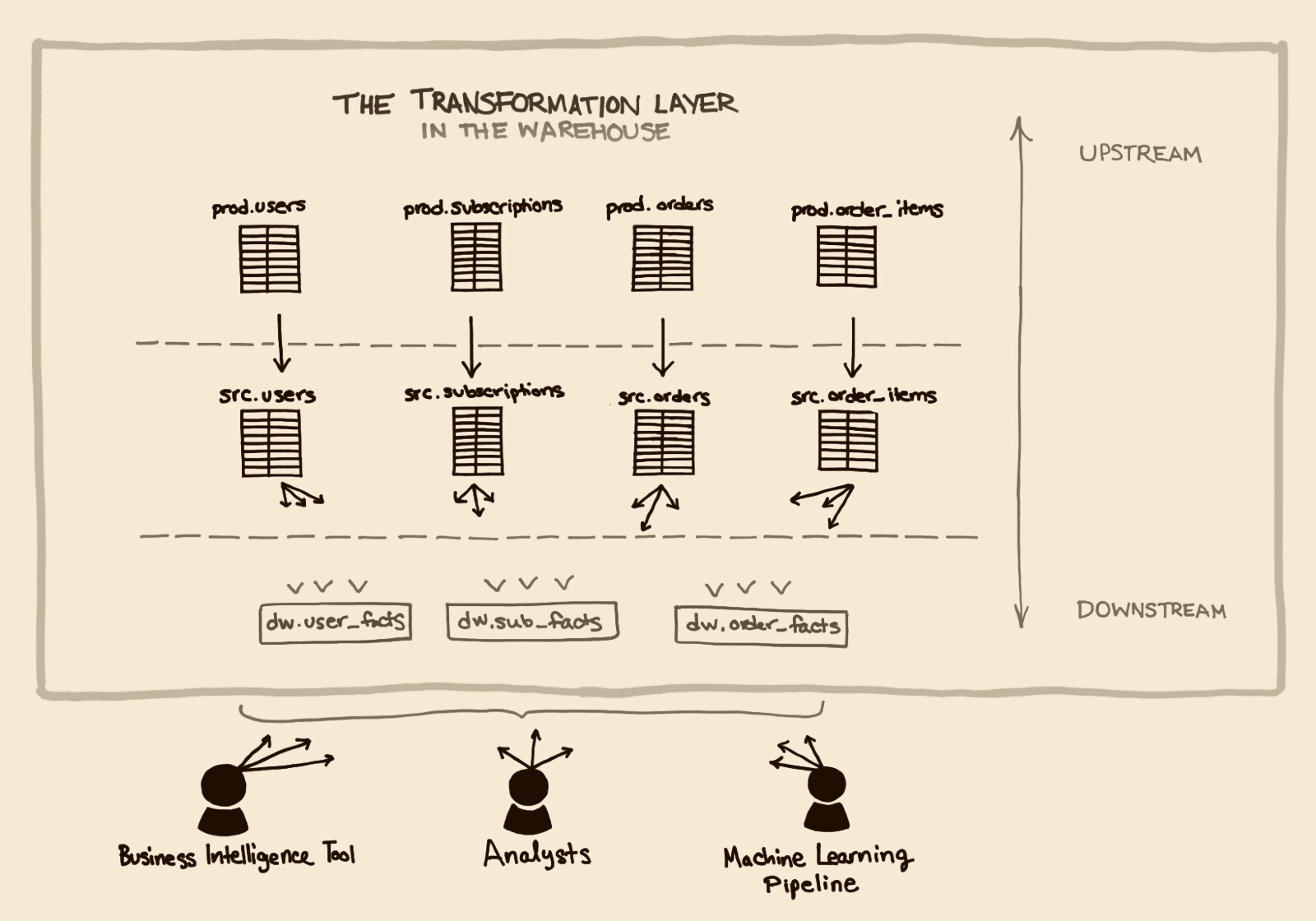There is A Lot of Data Out There, How Are You Governing It?
Posted by on August 24, 2017 Data, Education, Data Governance
There is more information about you in a database than you can possibly fathom, or probably care to know, trust me I’m a computer professional and a total data nerd.
Current estimates for the amount of data created in the year 2020 is 1.7 megabytes per human being on Earth, per second. If you were to convert that to mp3s you would have approximately 6.8 quadrillion hours of music. That is enough listening material to last each individual member of the human race 102 years of music.
I like The Band, a lot, so I call dibs on their songs, which based on our model above means you can’t ever listen to them, because those are 102 unique music years. No member of the human race can listen to the same song as another member of the human race, ever. Let’s get listening, but you can’t listen to The Band and that’s a shame because “Up On Cripple Creek” is a gift to humanity.
According to the above estimates every second of your life there is likely half of a song’s worth of data being created by you, about you.
If someone, or some organization, was storing that much data about me I’d sure want that organization or person to be able to control the number of eyes that can see that data, and limit the viewing rights to permitted parties. That is where data governance comes in.
Our friends over at Gartner define data, or information, governance this way:
Gartner defines information governance as the specification of decision rights and an accountability framework to ensure appropriate behavior in the valuation, creation, storage, use, archiving and deletion of information. It includes the processes, roles and policies, standards and metrics that ensure the effective and efficient use of information in enabling an organization to achieve its goals.
So not only does data governance provide the security framework for an organization to define WHO or WHAT can look at the data they have about you but it also gives them the ability to monitor WHO or WHAT looked at that data about you, and WHEN they did it. With that knowledge they can get down to the WHERE, the HOW, and in that investigation they can oftentimes ascertain the WHY. That about covers it right? WHO, WHAT, WHEN, WHERE, HOW and WHY.
There are many potential methodologies for implementing a strong data governance program. Including one of the more successful types, row level security. In a row level security method, you can restrict a user to be able to only view the data pertaining to the State they are in. Essentially you would be building a view on a table that would only return the values in a SELECT * statement that has a WHERE clause stating where STATE = USER_ADDRESS.STATE. That is a basic example, but I believe the point gets across.
Opinions are vast, and the holders of those opinions have a tendency to be vociferous. I am not here to convince you which method is best, but I am here to tell you that you should consider the options to protect your customer’s data. Consider how you’d like the companies you patronize to protect your own information.
When one of those companies uses a preferred data governance methodology you can rest assured you have the ability to know almost everything about ANY situation in which someone is looking at information about you. If that makes you happy, that will make your customers happy too. That makes me feel a little better while I am relaxing and listening to Levon and the boys.
Also, to further put things into perspective, here are other data size comparisons:
- If you put all that data onto 3.5” floppy disks and then stacked them on top of each other you would make a stack that could go to our Sun and back 2,386 times.
- If you turned those megabytes into gallons of donut glaze it would fill all five of the Great Lakes 67.9 times.
- If you were to download all of that data on your 4G phone, it would take you 1.78 times as long as our Universe has existed (our Universe is 13.8 Billion Years Old).


